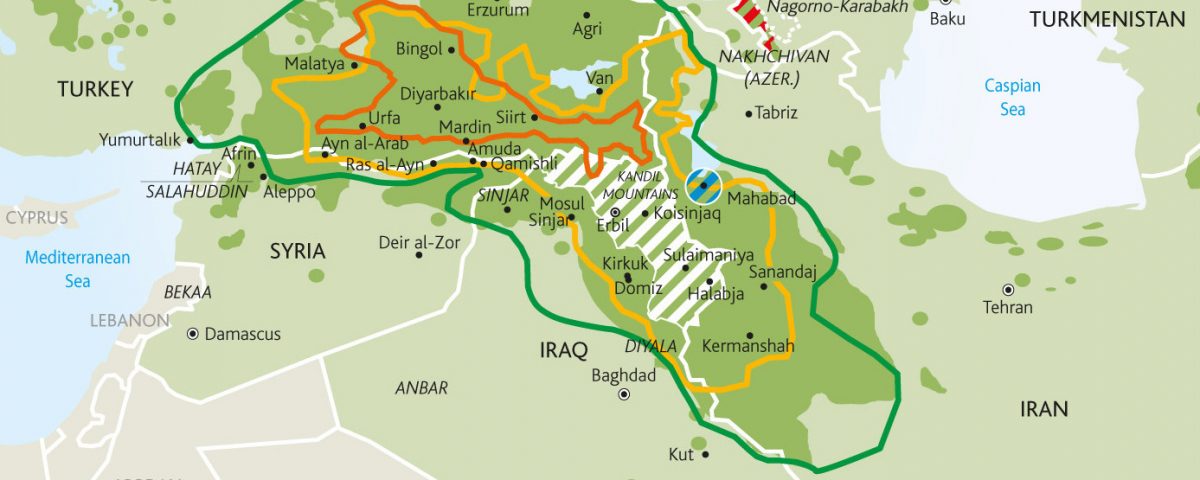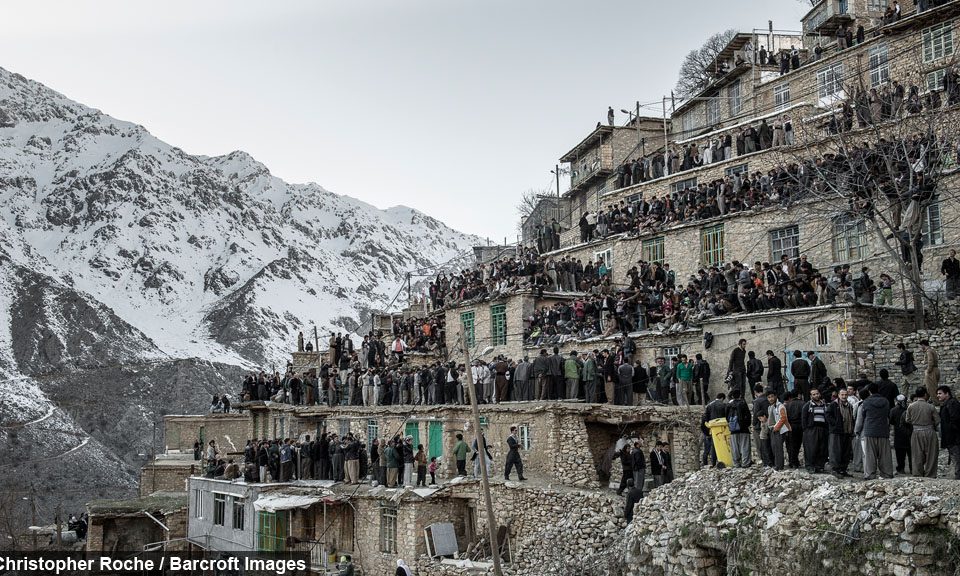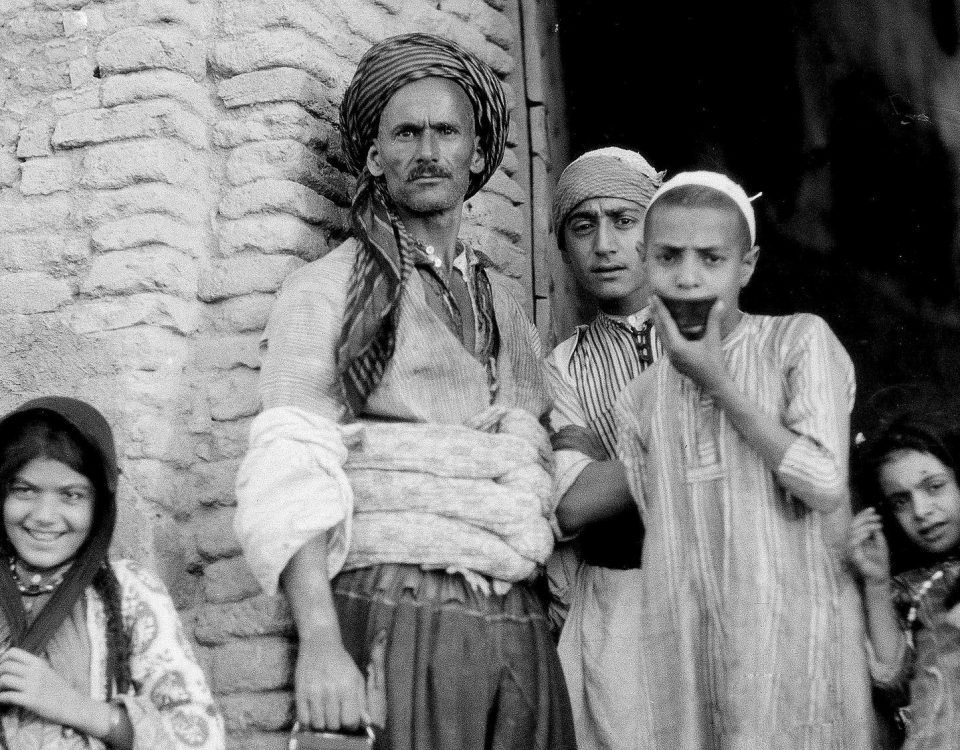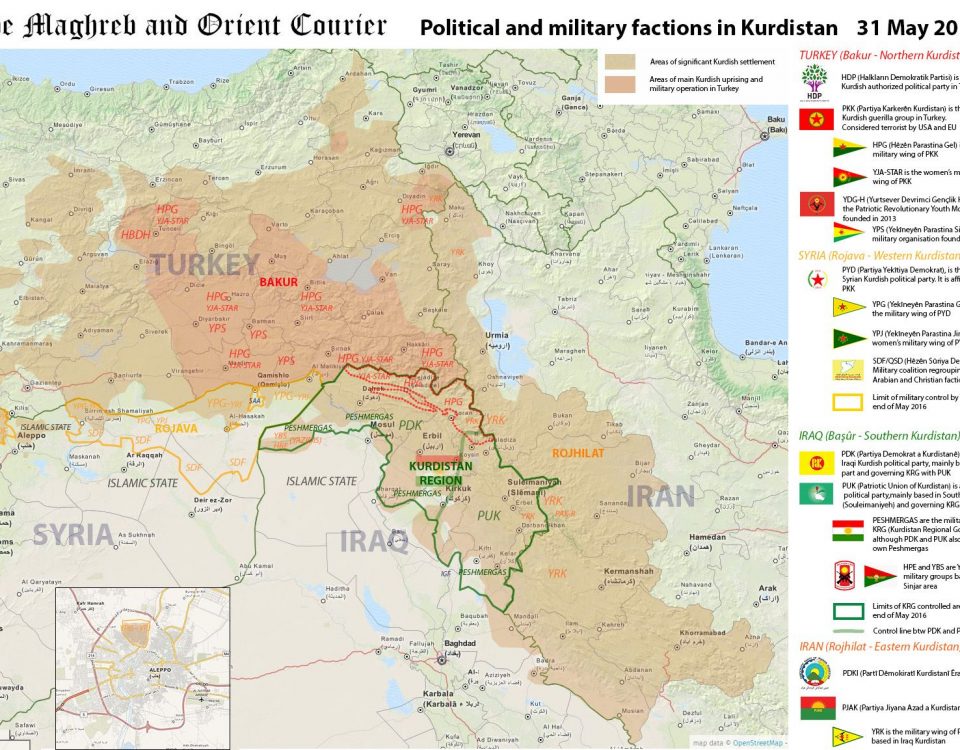Education of Kurdish Language
Education of Kurdish Language

 Modern formal schooling, which is usually structured in the form of primary, secondary and higher education, relies on the extensive use of written and oral language. To achieve any degree of success, the teaching/learning process must be carried out through a standard medium of instruction. In fact, school functions, and is generally accepted, as the most visible authority on the accepted “norm” of the language.
Modern formal schooling, which is usually structured in the form of primary, secondary and higher education, relies on the extensive use of written and oral language. To achieve any degree of success, the teaching/learning process must be carried out through a standard medium of instruction. In fact, school functions, and is generally accepted, as the most visible authority on the accepted “norm” of the language.
The idea of “correctness” in writing and speech is associated with the teacher and the textbook. Many hours throughout a student’s school life are devoted to learning grammar, spelling, composition and other language skills. This language training is more intensive in the lower school levels, although it extends, quite often, into higher educational institutions.
Besides this unifying/normalizing function, the educational system is a powerful source of functional and stylistic differentiation of the standard language. This is especially true at the higher level, where advanced knowledge is taught and developed. College-level textbooks and academic research journals demand a refined prose, advanced specialized vocabulary and special styles of writing.
The linguistic and intellectual homogenizing function of formal education makes it an ideal tool for political integration generally and assimilation of ethnic minorities particularly. Modern education, especially in the developing countries, has turned into a colossal social institution that is usually not responsive to minority demands for native-tongue instruction.
The purpose of this section is to document and analyze the development of native tongue education and its role in standardizing the Kurdish language, especially in Iraq (Iraqi Kurdistan where Kurdish found its way to education school system). As will be seen, both the central governments and the Kurds were aware of the linguistic and broader political implications of native tongue education, which has become and continues to be a major conflict between the two sides.
Source: Dr. Amir Hassanpour, “Nationalism and Language in Kurdistan 1918-1985”, 1992.



